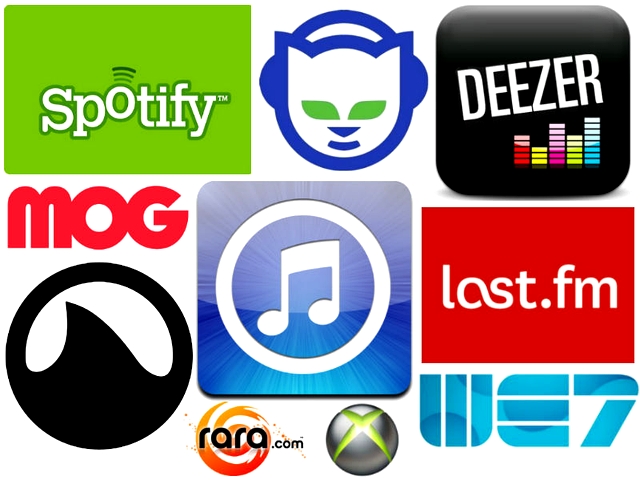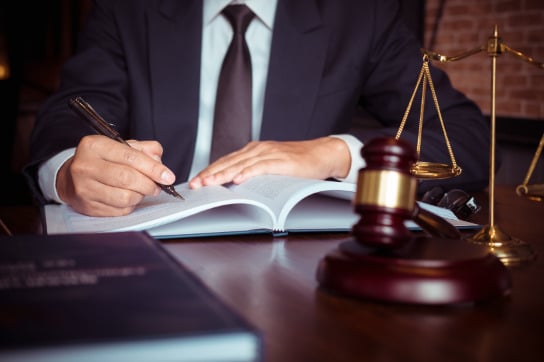Laura Symes* You are a musician, not a lawyer, right? When it comes to working as an independent musician, the legalities of getting paid for the use of your music mean that you have to wear many hats.
It’s critical you have a basic grasp on copyright and how music licensing works if you’re to get the just dues for your work.
Here’s some basics to start with.
What is Copyright for Music?
Copyright is the means by which the intellectual property (IP) of your work is recognized.
There’s two types of ‘authors rights’ to know:
Moral: This is a recognition of ownership and respect for the integrity of the work. It’s always yours, but not recognized in a US court of law.
Economic: Your exclusive right to authorize who can ‘exploit’ your work via performance or reproduction, ensuring you are compensated for it.
What is Music Licensing?
This involves issuing a license for copyrighted music, allowing it to be performed in public. If your music is used in a broadcast of any sort, it needs to be licensed via a license fee. This is the collective music licensing industry.
There are different types of license available for different sorts of use. Likewise, there is sometimes a need to get a license from the creator and the record label, or just one of them.
Who Licenses Music?
Both Collective Management Organizations and Performing Rights Organizations can license music for public performances.
Because of the impossibility of licensing every single song separately for larger organizations and broadcasters, entities will instead issue a ‘blanket’ license for the music in the organization’s repertoire.
This is why you need to be a member of one of these organizations, as they collect money on the behalf of their artists.
For downloads or streaming, however, it’s a little more complicated. Here they need to license both the performing rights (the right to use the music in a public space) and the mechanical rights (the right to distribute or record a copyright holder\’s work or sheet music).
In the US, mechanical rights are typically held by the publisher entirely. Determining who needs to be paid to use a work is a common legal issue for many businesses.
Sync Licenses
Synch licenses cover the use of music in audio/visual projects- think soundtracks, TV programs, podcasts, and so on. Because your music is being incorporated (or synchronized) into another creative entity, they are called sync licenses.
These are one of the most common licenses in the industry. The producer of the A/Vwork, not the broadcaster, must obtain these licenses.
Subsequent use of the product created will need a master use license, again obtained by the producer.
Are There Cases Where Licensing is Not Needed?
There are limited situations where ‘free use’ rights allow music to be used without licensing. This includes limited portions of a work used for parody, reporting, criticism, research, or to teach.
This can sometimes be a murky area to interpret legally, and getting the help of an attorney before deciding if something is ‘free use’ is always smart.
Challenges in Music Licensing to be Aware of
The biggest challenge in licensing is identifying works and their use. There’s a lag in identifying the use of works through metadata, and it can be difficult to match a work with its legal owner.
This arena may well see a lot of help from the expanded notions of metadata available today, including the evolving blockchain technology.
We’ve seen a boom in digital technologies recently that grant only murky access to traditional licensing entities- in particular, tech platforms which own streaming services keep data very close to their chest.
However, the tech to better identify this, and make sure artists are fairly paid for their work, is also evolving fast.
With these music licensing basics under your belt, hopefully you now better understand how music copyright and licensing is important to you as an artist and creator.
Author:
*Laura Symes writes on legal matters, including intellectual property and related content.





